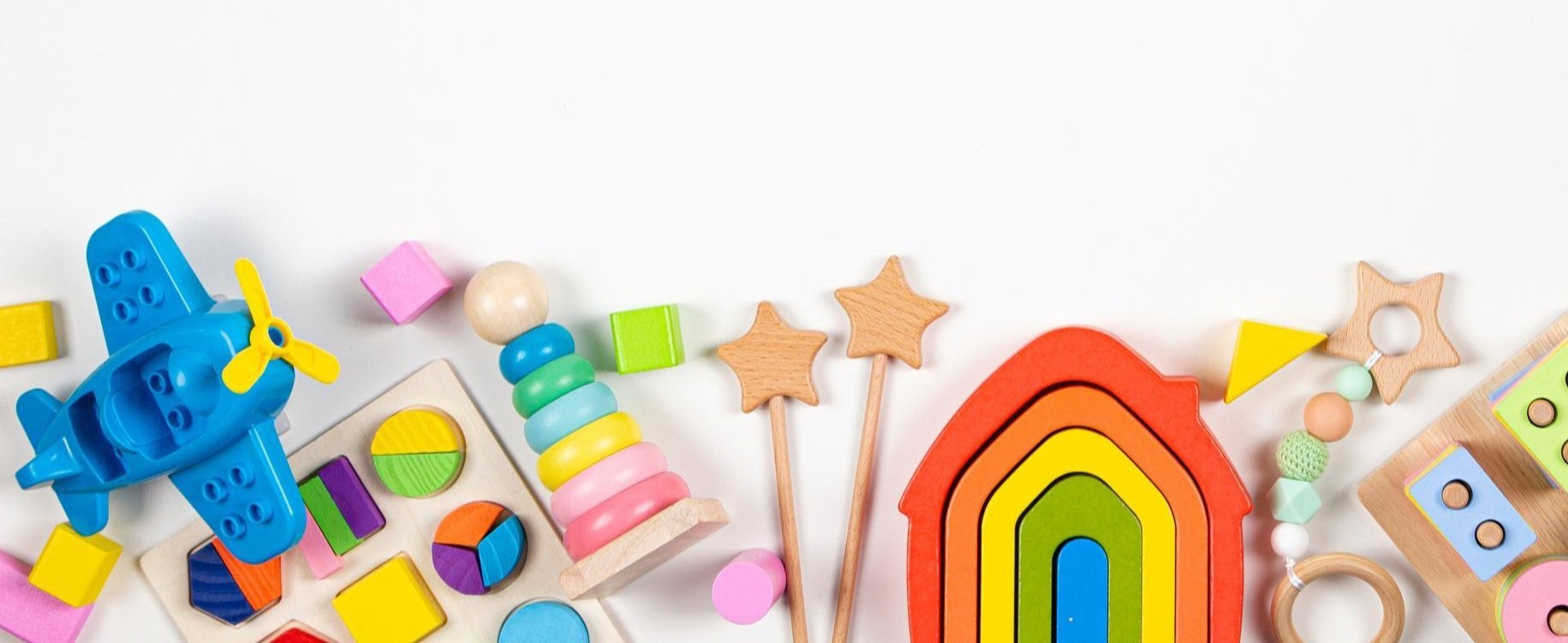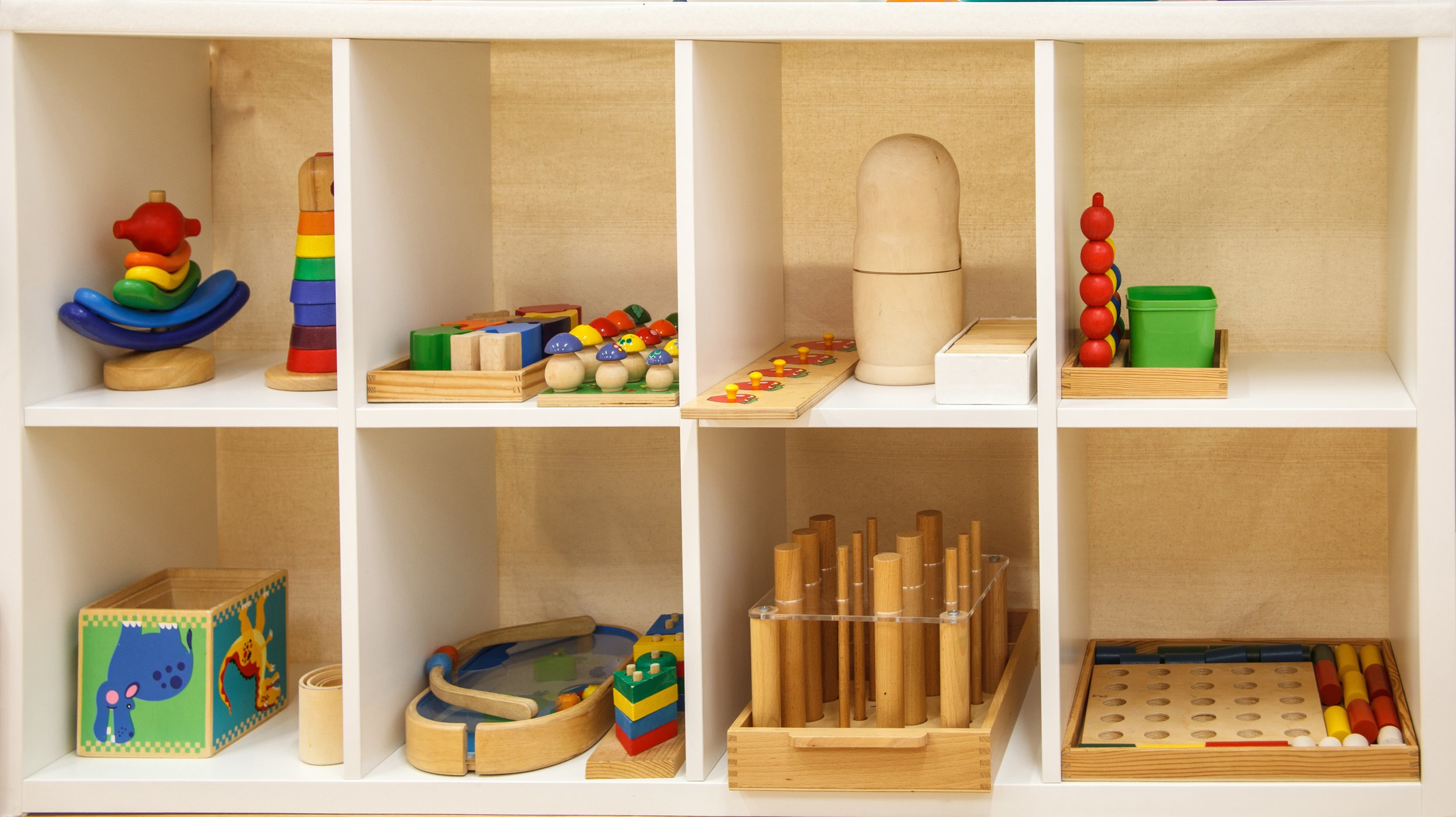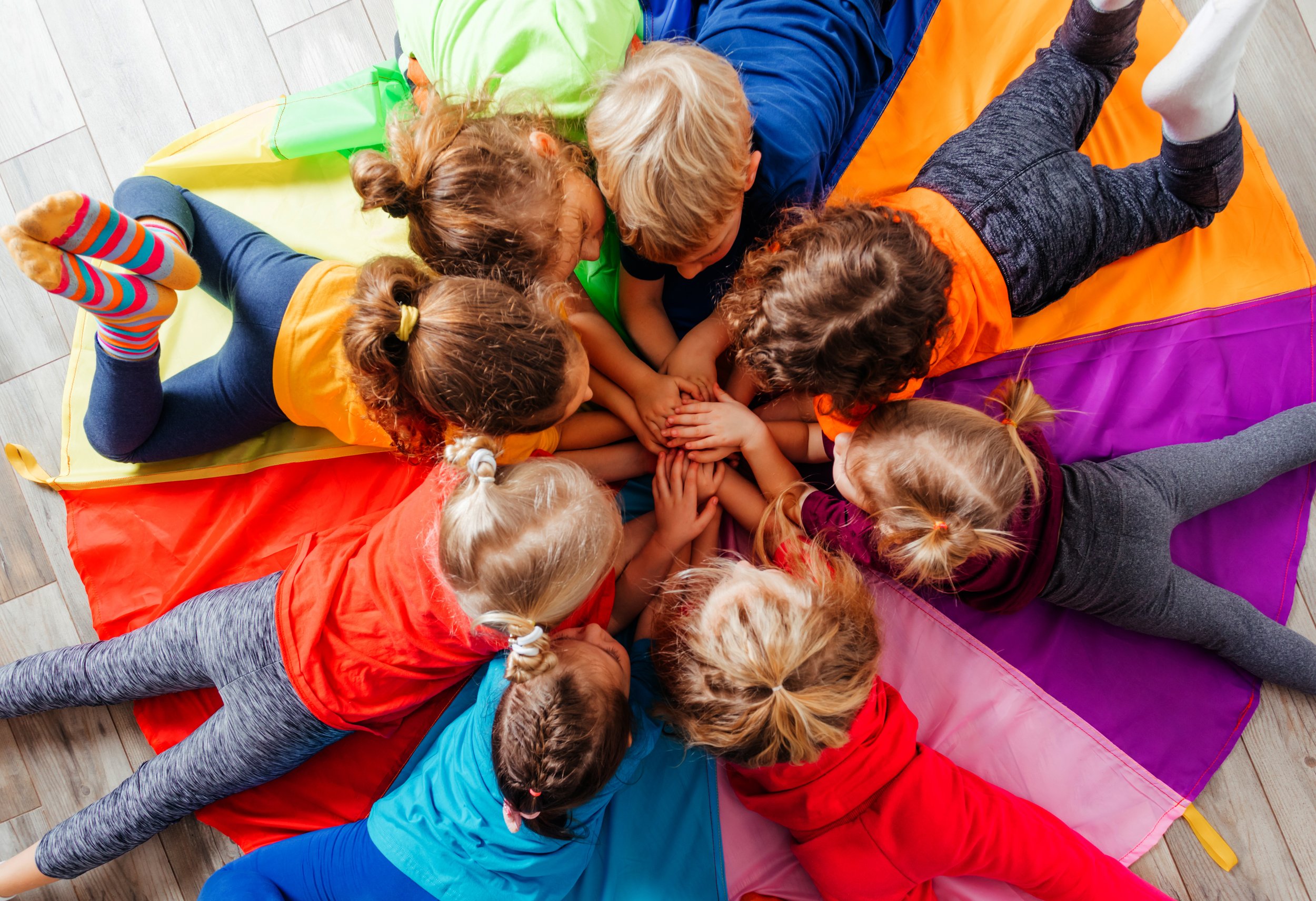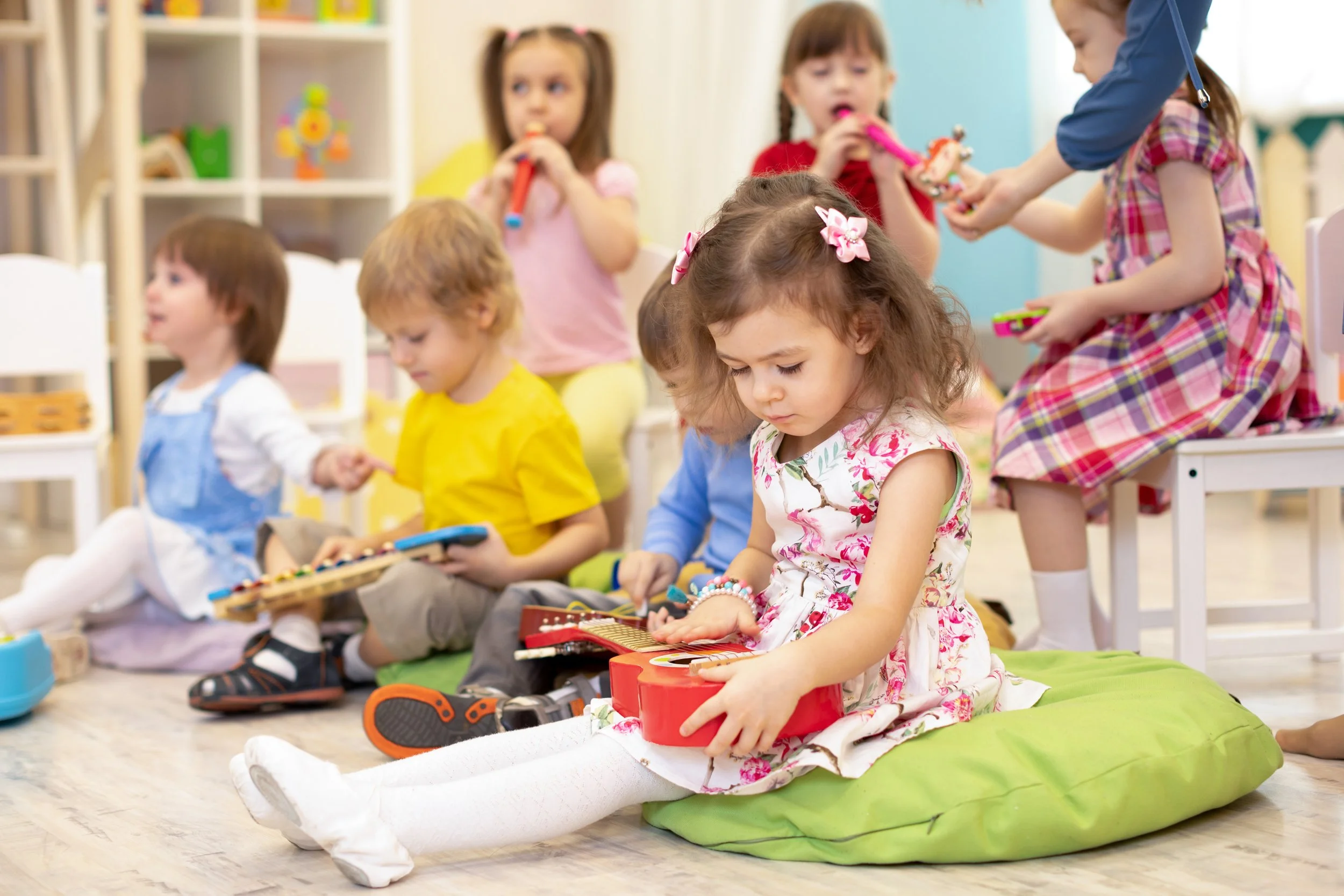
CURRICULUM & PHILOSOPHY
OUR CURRICULUM
Our developmentally appropriate curriculum has opportunities for children to grow at their own speed through stretch activities that are challenging but doable. Teachers look for continuing opportunities to foster self-esteem in every child. When the teacher respects and listens to the child, the child builds the self-confidence and self-respect which are the foundation for social interaction and persistence in the face of setbacks and optimism.
OUR PHILOSOPHY
Developed over the past 40 years, Bell's School combines our preferred philosophies to form the core of our approach to daily learning. Music, developmentally appropriate art, physical activity and problem solving are interwoven into a literature-rich curriculum which guides children in these most important years of brain development.
This comprehensive approach to early childhood education recognizes that young children are active learners who thrive when given opportunities to explore, create, and engage in meaningful experiences that cater to their unique developmental needs and interests.
PLAY BASED LEARNING
Play is recognized as the core avenue for children's learning. Through play, children engage with their environment, manipulate objects, and interact with peers. Playful activities are carefully designed to be both enjoyable and educational. For instance, building with blocks fosters spatial reasoning, imaginative role-play develops social skills, and sorting games enhance cognitive abilities.
CHILD-CENTERED APPROACH
This approach revolves around the uniqueness of each child. Educators closely observe children's interests, preferences, and developmental progress. Learning experiences are tailored to accommodate different learning styles and paces. For example, if a child shows fascination with animals, the curriculum might incorporate animal-themed activities to encourage their exploration.
PROJECT BASED LEARNING
Projects enable children to explore a subject in-depth over an extended period. A project might start with a simple question or idea posed by a child, which evolves into a multi-faceted investigation. Through projects, children learn how to research, plan, and execute tasks, fostering skills like critical thinking, problem-solving, and collaboration. For instance, a project about insects could involve researching, creating a bug habitat, and presenting findings.
HANDS ON EXPLORATION
Tangible experiences are pivotal for young children's understanding of the world. Activities involve touching, manipulating, and experimenting with real-world materials. This can range from sculpting with clay to conducting simple science experiments. Such experiences engage multiple senses, enhancing cognitive connections and memory retention.
INTEGRATED CURRICULUM
Learning isn't compartmentalized into distinct subjects. Instead, connections between subjects are highlighted. For example, a study of the seasons might encompass science (weather patterns), mathematics (counting days), language arts (describing changes), and art (creating seasonal scenes).
THEMATIC UNITS
Thematic units provide a cohesive context for learning. Themes emerge from children's interests and can span across subjects. If children are captivated by outer space, the curriculum might include reading space-themed stories, crafting planets, learning about gravity, and even creating a "space mission" dramatic play area.
COGNITIVE DEVELOPMENT
Activities are designed to stimulate various cognitive skills. Puzzles and shape sorting enhance spatial reasoning, while open-ended questions encourage critical thinking. Mathematics, language, and problem-solving opportunities are interwoven throughout the curriculum.
SOCIAL AND EMOTIONAL LEARNING
Recognizing and managing emotions, building relationships, and resolving conflicts are integral components of the curriculum. Group activities promote cooperation and empathy. For instance, collaborative art projects foster teamwork and sharing.
CREATIVE EXPRESSION
Children are encouraged to express themselves creatively. Through art, music, storytelling, and imaginative play, they develop communication skills, build confidence, and explore their identities. They might paint emotions, compose songs, or invent stories.
OUTDOOR AND NATURE BASED LEARNING
Time spent outdoors connects children with nature and their physical surroundings. Nature walks, gardening, and outdoor exploration not only promote physical health but also enhance observation skills and an understanding of the natural world.
RESPONSIVE TEACHING
Educators regularly assess children's progress and adapt the curriculum accordingly. If a child shows a sudden interest in dinosaurs, educators might incorporate dinosaur-related activities to nurture that enthusiasm.
PARENT AND FAMILY INVOLVEMENT
Involving families creates a strong support system for children's learning. Regular communication, workshops, and events encourage parents to be active participants in their child's education, reinforcing learning at home.












